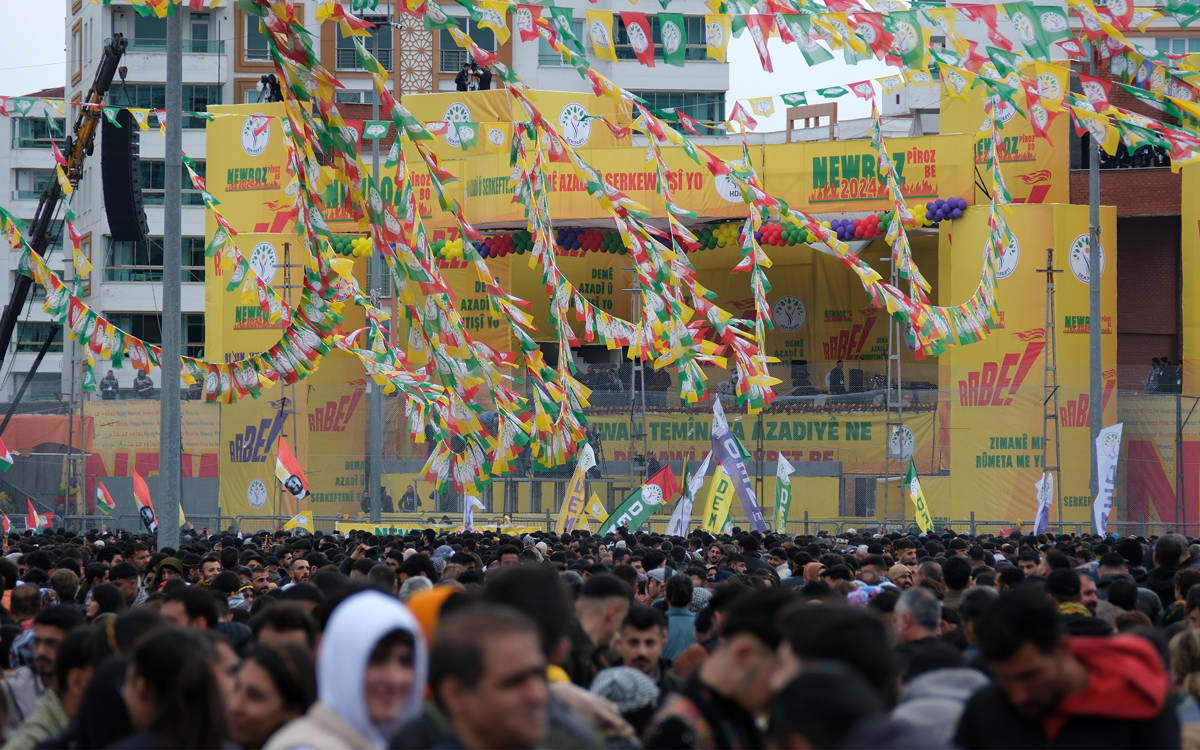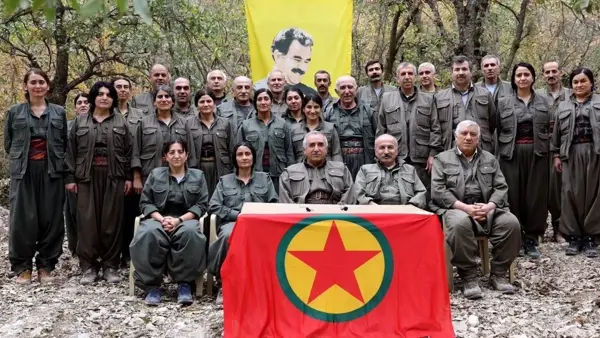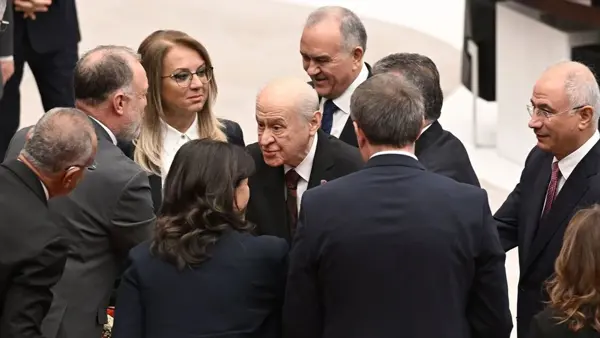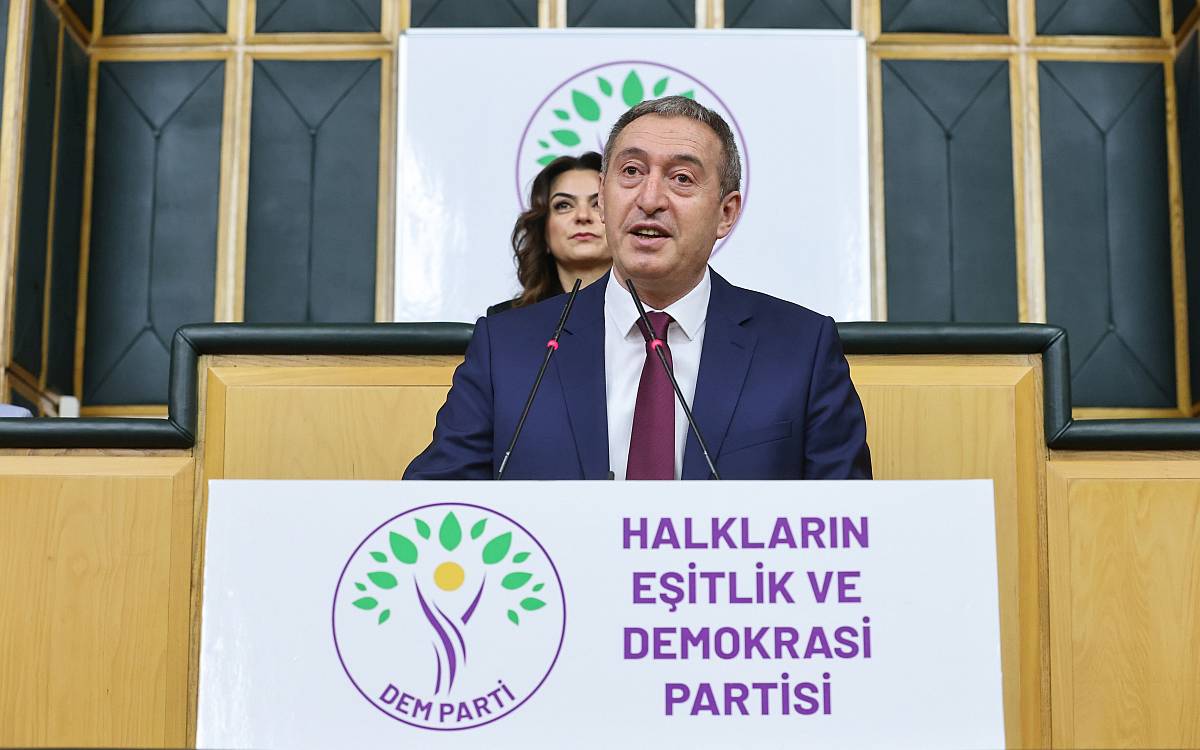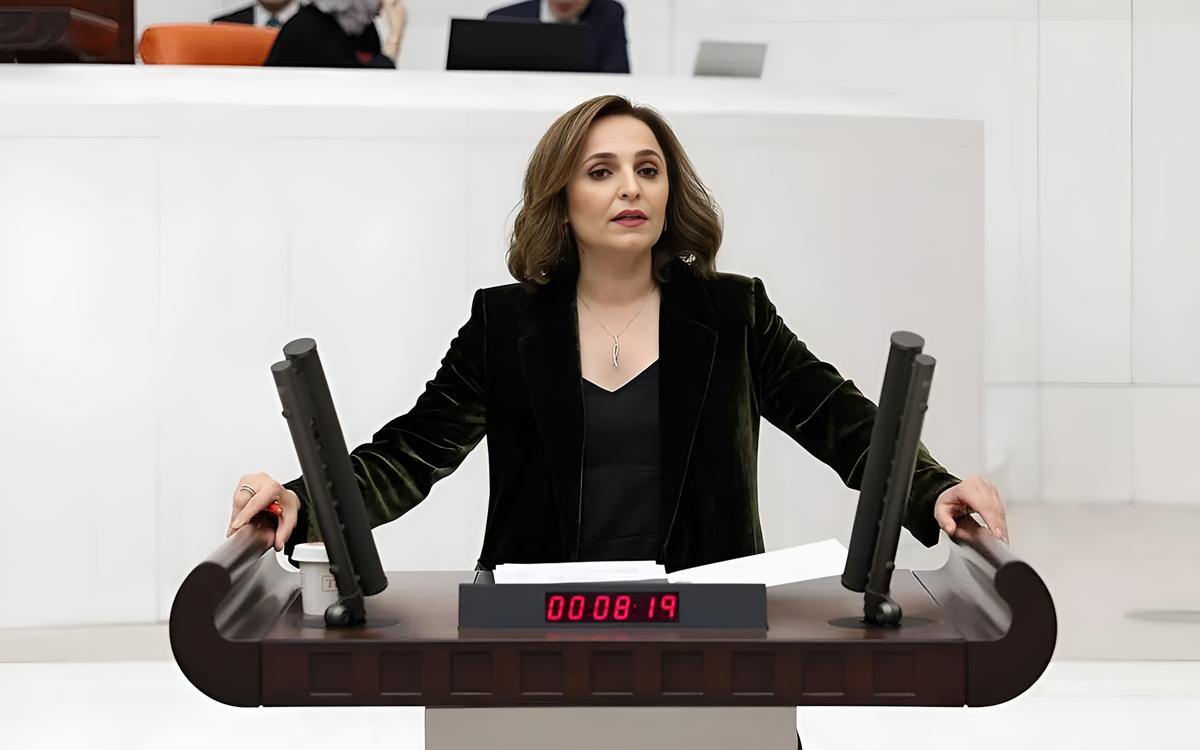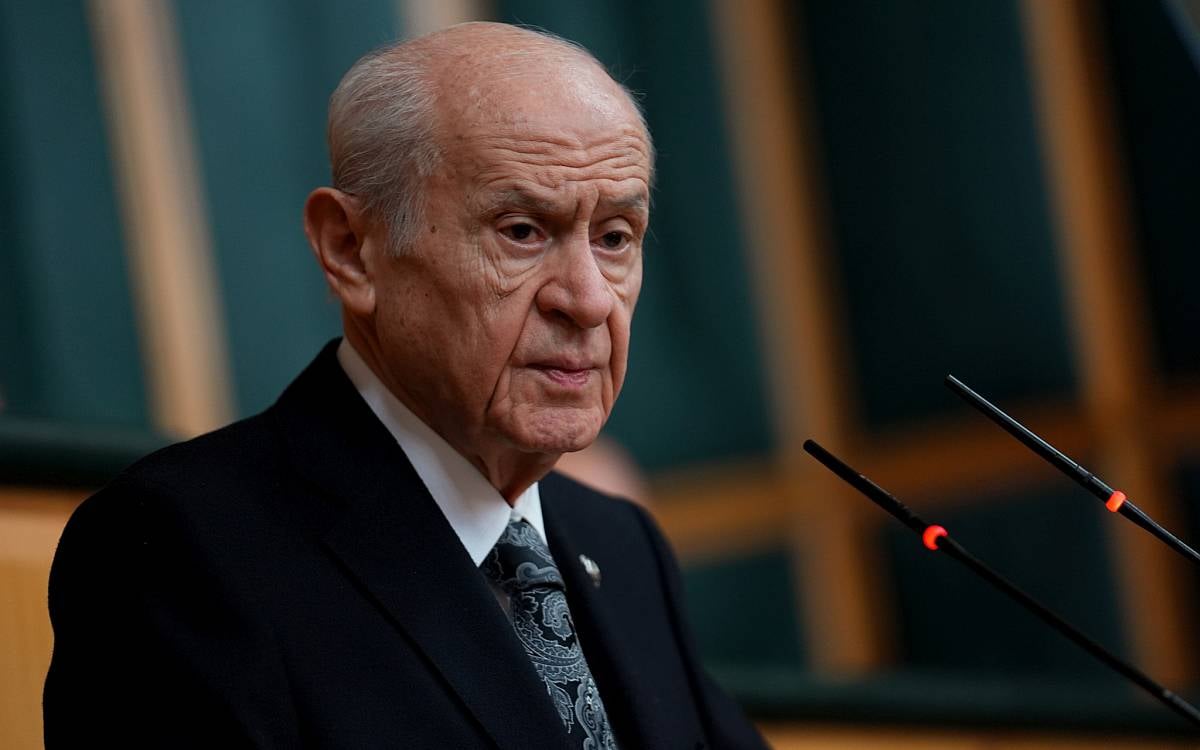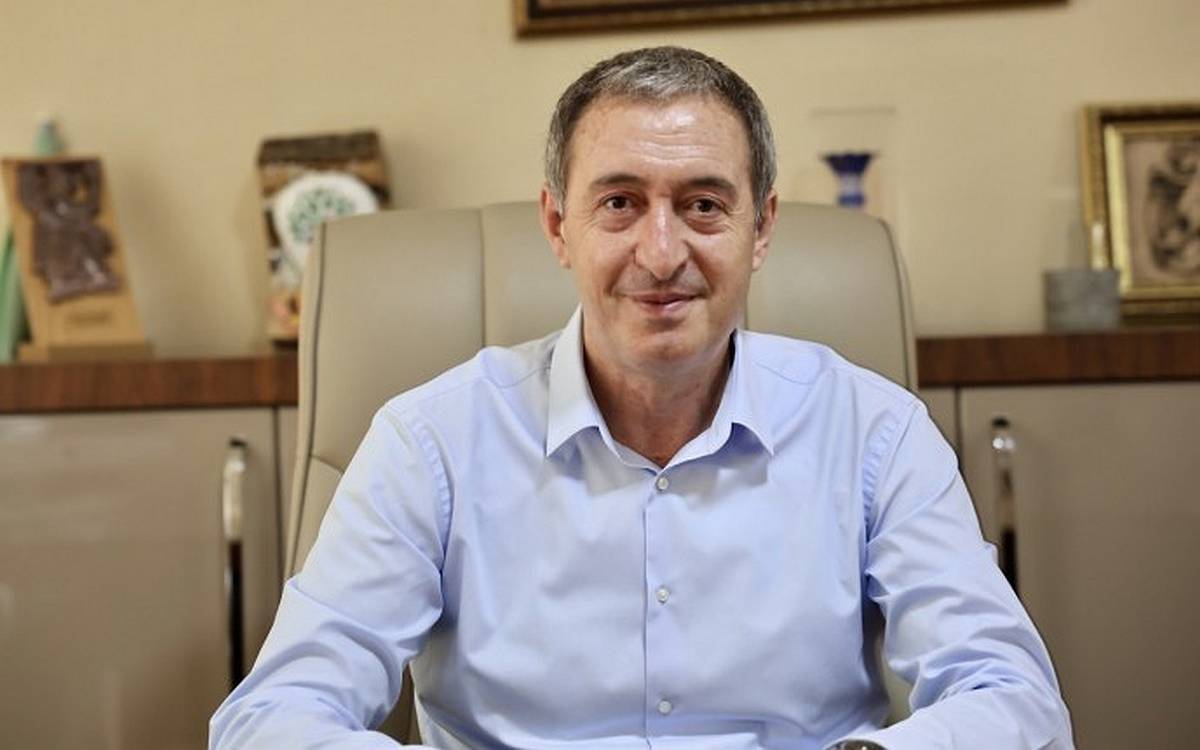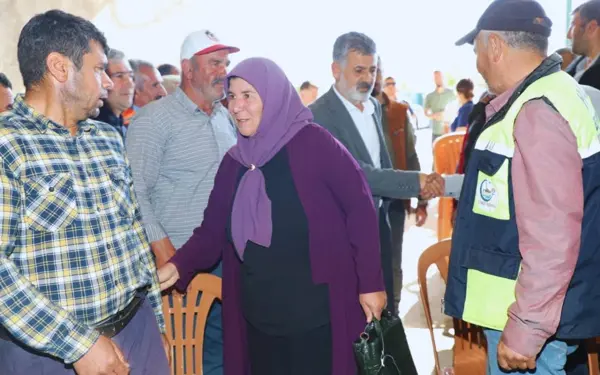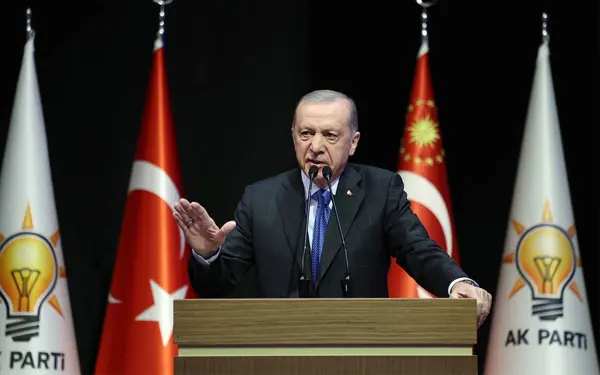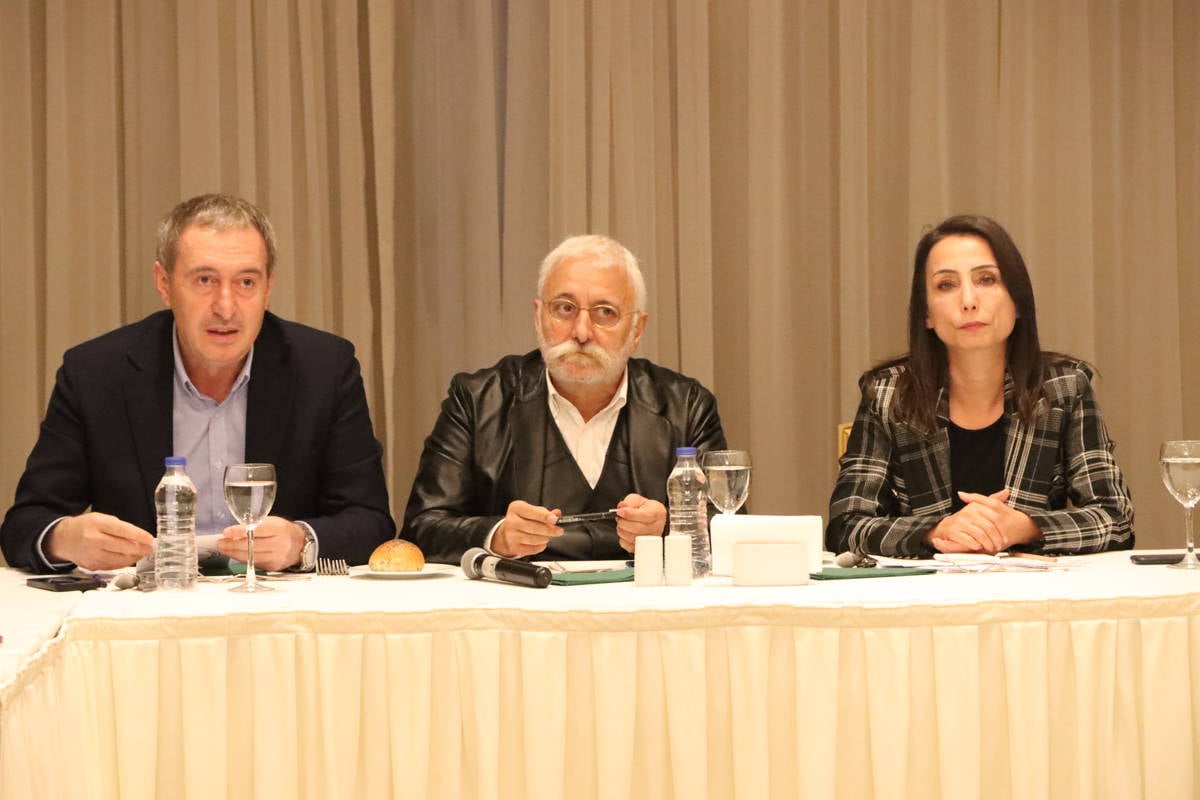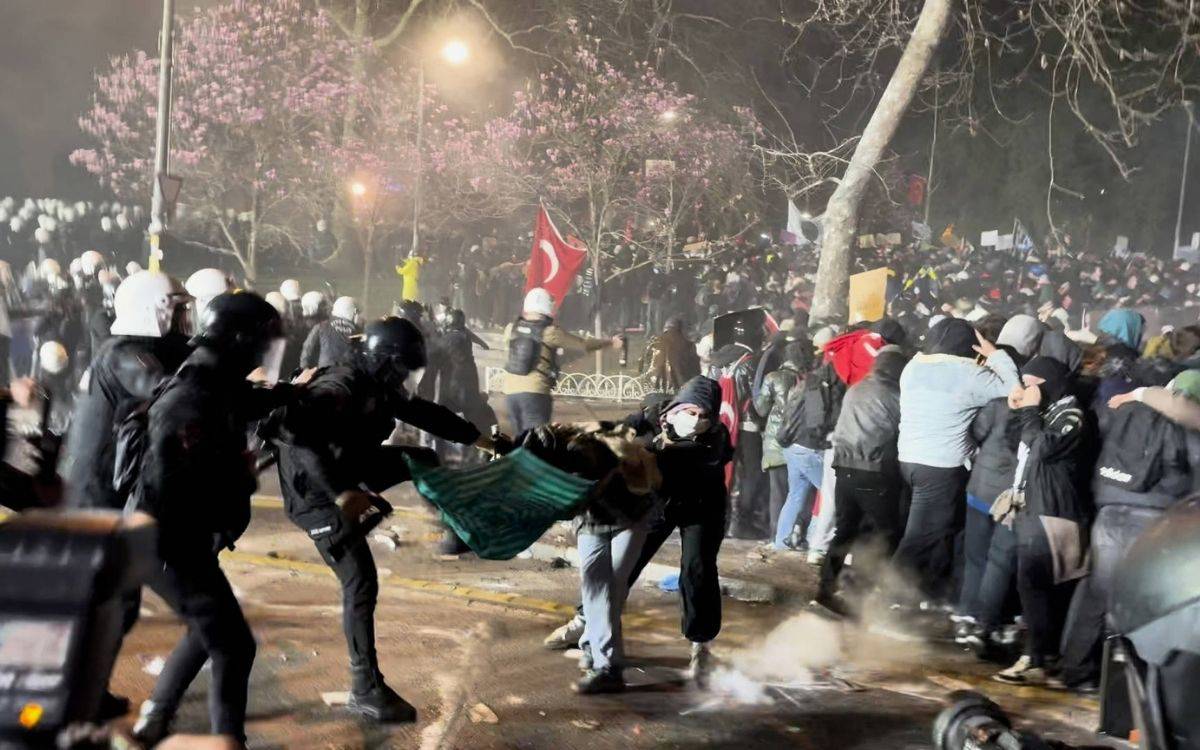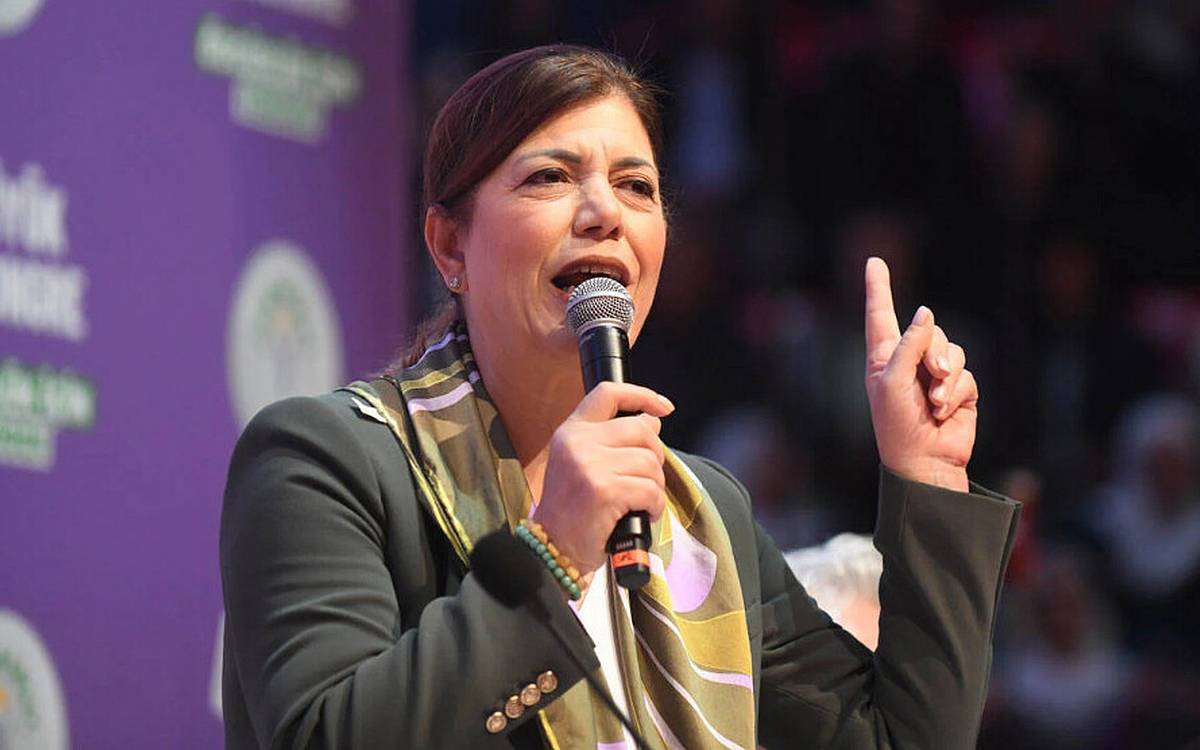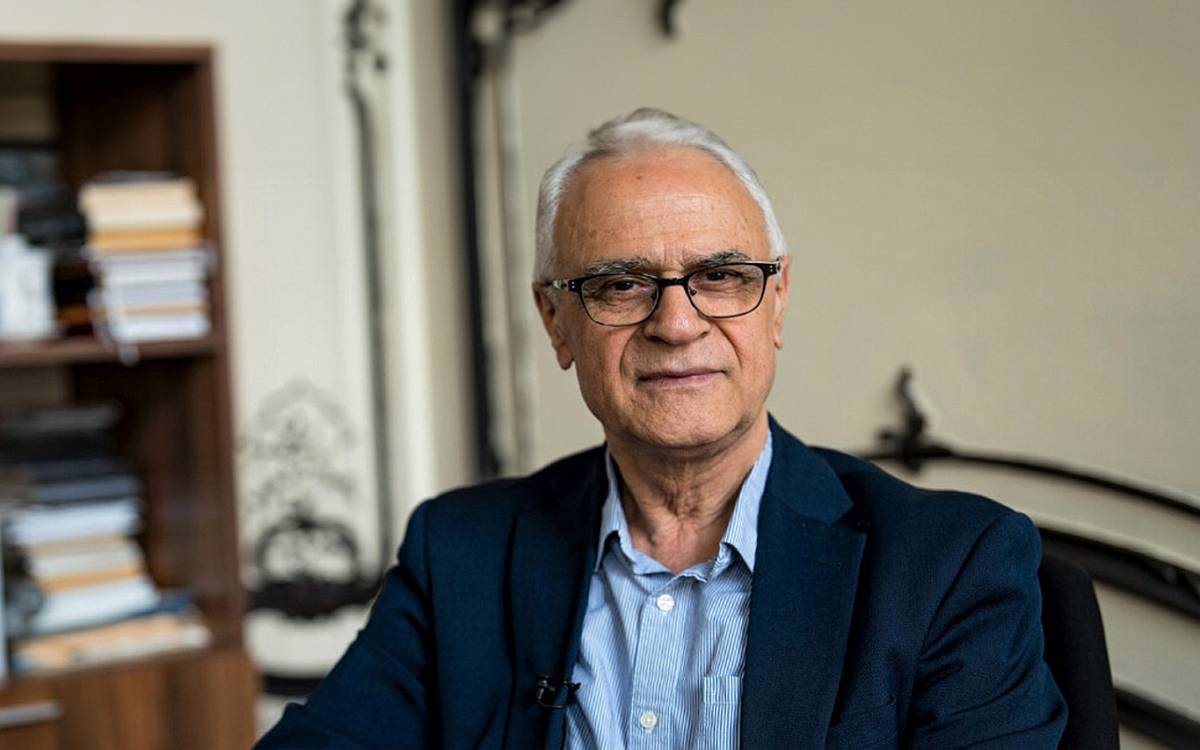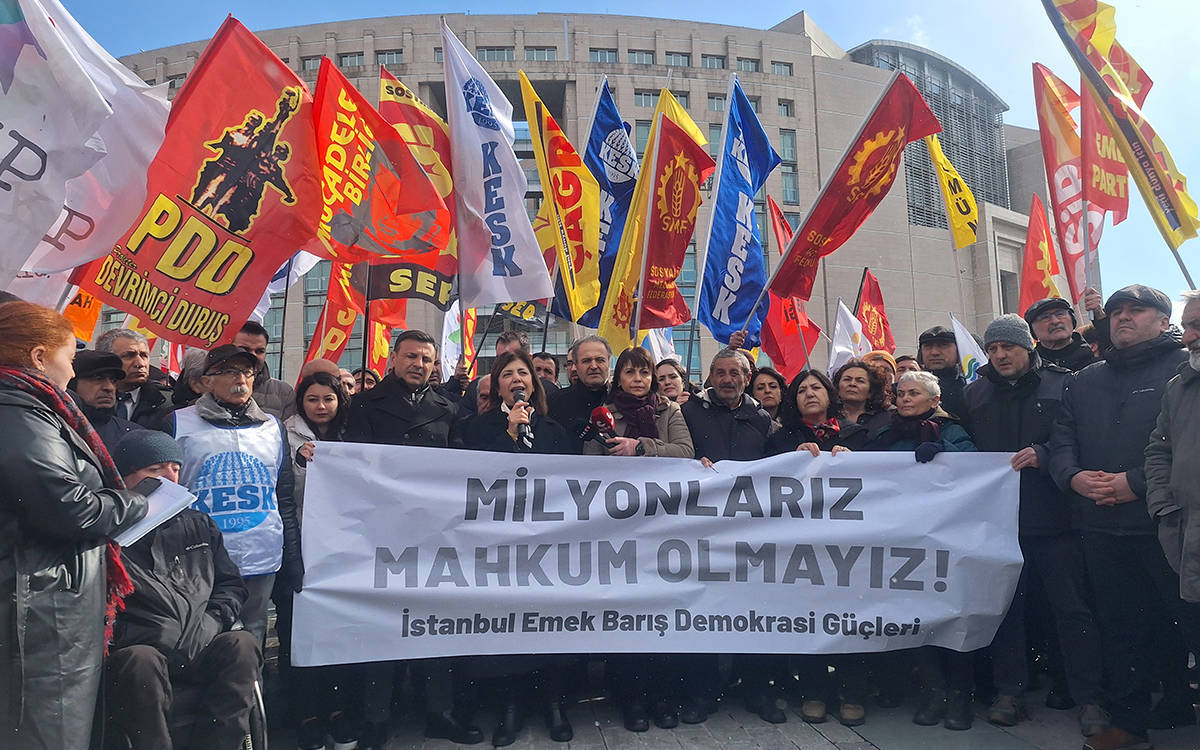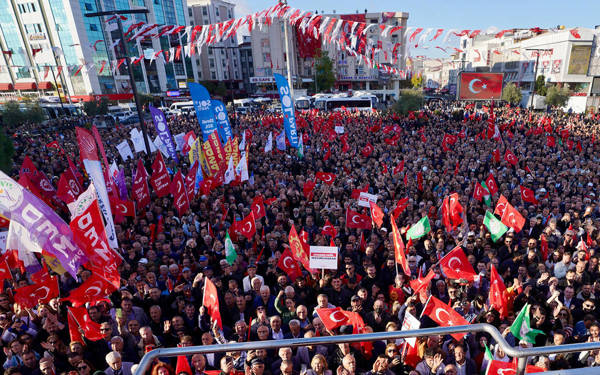A recent survey by Spectrum House explored public perceptions and political preferences regarding Turkey’s long-standing Kurdish issue.
The study, titled Perceptions and Political Tendencies on the Kurdish Issue, surveyed 2,028 participants across 27 provinces, including predominantly Kurdish-populated ones, between Nov 25 and Dec 3.
Among the participants, 71.6% identified as "Turk," 20.8% as "Kurd" and 7.6% as "other."
Identity demands or aspirations for separation?
When asked about the significance of the Kurdish issue, 59.3% of respondents deemed it an important problem for Turkey, with 25.6% labeling it “very important.” Conversely, 40% considered it unimportant.
The respondents were also asked about the root causes of the Kurdish issue. The most cited reasons were identity demands (19.2%), political factors (14.5%), and discrimination (13.4%). Kurdish respondents largely identified “identity demands” as the primary cause (45.7%), while many Turkish respondents pointed to “Kurdish aspirations for a separate state.”
Additionally, 52.4% of the respondents said they believe that the Kurdish issue can be resolved peacefully while 29.4% said they don't believe that.
Party competence on resolving the issue
Regarding which political party is best equipped to resolve the Kurdish issue, 39% of participants named the ruling Justice and Development Party (AKP), followed by the main opposition Republican People’s Party (CHP) at 26.8%.
The ruling party's allies Nationalist Movement Party (MHP) ranked third with 9.8%, while 8.4% favored the pro-Kurdish Equality and Democracy (DEM) Party.
Resolution steps and representation
A significant portion of participants (24.5%) identified “dialogue and negotiations” as the most critical steps to resolving the Kurdish issue. When asked about representation, 25% said that Kurdish civil society and organizations should be involved in talks, while 18% believed negotiations should occur with "Kurdish leaders."
A significant portion of Kurdish respondents favored direct engagement with Kurdish leaders as essential to resolving the matter.
New constitutional framework
The survey also probed opinions on broader reforms, with 53% of participants agreeing that Turkey needs a new constitution.
Bahçeli's openings
When asked about MHP leader Devlet Bahçeli's suggestion that Abdullah Öcalan, the imprisoned leader of the Kurdistan Workers' Party (PKK) militant group, should speak in the parliament to declare the dissolution of the PKK, 58.5% of the respondents said they found it wrong.
Still, 45.7% of the participants expressed an opinion in favor of a new peace process while 41.7% opposed it.
The survey comes amidst discussions about a potential new peace process initiated by the AKP-MHP bloc. These debates have been fueled by recent comments from MHP leader Devlet Bahçeli advocating for new approaches to the Kurdish issue. However, practical steps toward a resolution have yet to accompany the rhetoric. (RT/VK)






